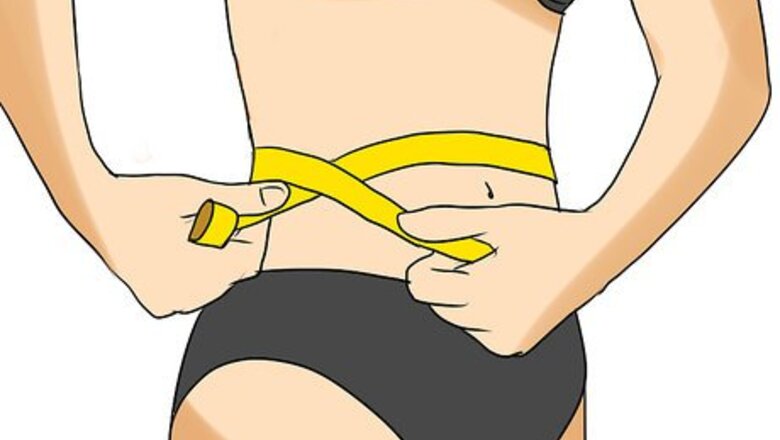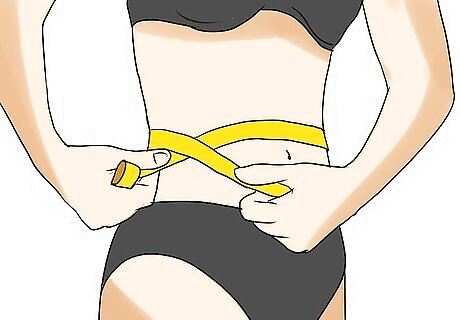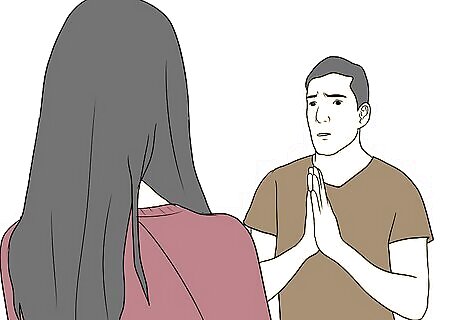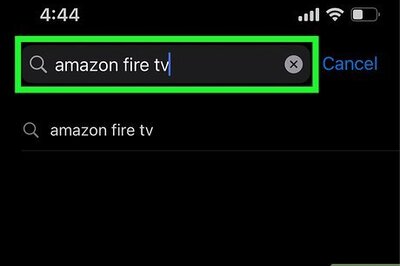
views

Consider some common situations where detachment makes sense. For example: When baking a cake it often pays to wait until it's out of the oven and has a chance to cool off before trying to eat it. When at work it's important to take a moment before sending off a potentially offensive email. Another example is not eating that extra portion of food when you are dieting and should be watching your calories. Obviously these examples are simple because we know that there is a payoff in controlling our temporary emotions, or delaying our gratification but that's to illustrate that detachment makes sense. We can't always think clearly so it pays to be detached at those times.

Consider the following situations where detachment is critical. For example a surgeon who is operating on a patient in a life or death situation and doesn't want to make a mistake. Another example is a judge whose decision will affect the outcome of a case and will ultimately affect someone's life for better or worse. A scientist may want to test an experimental drug that will possibly affect millions. Obviously these are extreme situations but it just goes to show detachment is extremely necessary at all levels.

Try finding some examples in your own life where detachment paid off in a positive or productive way. It could have been something big or small. Maybe you can think of situations where you were too emotionally attached and could have been more detached. The point is not only to see just how necessary it is, but also how beneficial detachment is in our everyday lives.

Take a closer look at indifference and apathy. For example an employee who doesn't perform at their best while at work. They may treat customers rudely or do a poor job on tasks leaving it for someone else to fix. We all have encountered these kinds of people. Maybe they just don't seem to care and it affects others negatively. They probably receive lots of complaints before something is done. Why do they do it? Perhaps out of a sense of helplessness or as simple as being in a bad mood in that moment. A long term example of indifference could be a marriage or relationship which has lost it's joy and vitality. In that sense all parties may have given up on excitement and growth and have generally settled for safety. This is not to say the outcome is ultimately bad, but perhaps loss of hope, and fear of the unknown are keeping people stuck on life support.

Consider times when you may have been indifferent. Maybe you were pressured into doing something you didn't want but did it reluctantly anyway. Whatever the case, we all have experienced varying degrees of indifference at times.

Hopefully this has brought clarity, but now let's consider gray areas. Sometimes it's very necessary to be detached but it's not always clear when or when not to be. For example if someone asks you or pressures you into an idea you don't feel comfortable with, you may need to say no. However some people may not accept no for an answer. They may attempt to persuade you into agreement by appealing to your emotions. By playing on your guilt, your fear, or your ego they can leverage you into decisions you may not want to make. For this reason it's important to understand the usefulness of detachment.

Consider gray area examples where decisions are not always simple. That's when detachment could pay off for you. It could be a family member, friend, sales person, charity group or anyone who asks you to give something you don't want to give. In fact that person pressuring you could be you. It's ultimately up to you to make a decision, or not. But your decision may not always be comfortable in the short term. It could be a situation where you have to wait through negativity before you see positive changes, or it may be walking away from someone who manipulates you. Detachment says, "I am not deciding on this right now." "I am standing by my decision". "Let's wait and see." Indifference says, "what's the use." "who cares." "Game over man." Etc...




















Comments
0 comment